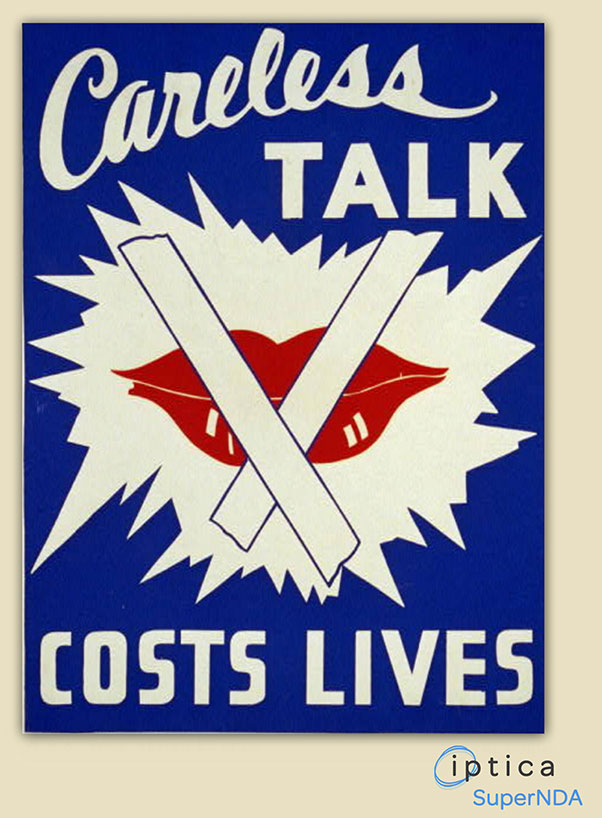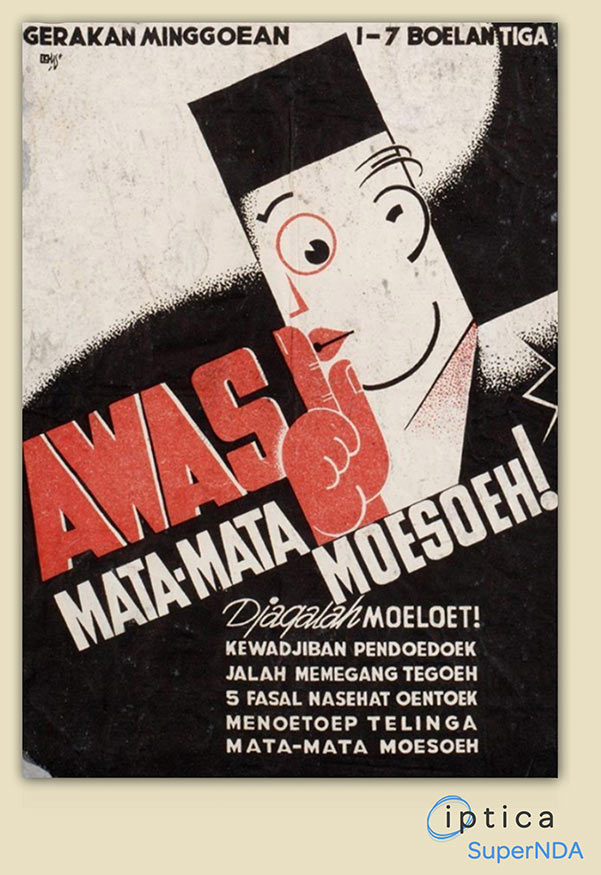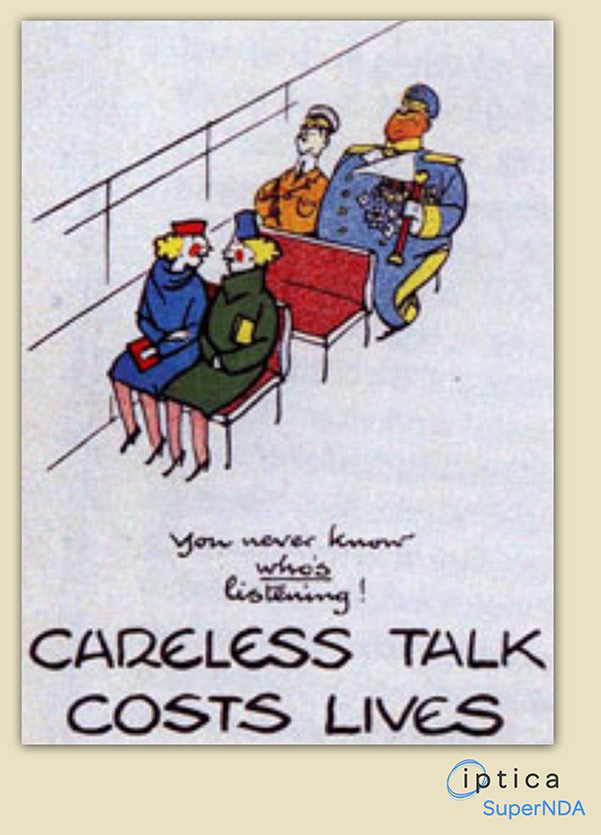




The NDA should restrict the recipient from:
If limited "use" is permitted (e.g. for evaluation or further development), define a "purpose".
If disclosure to "permitted persons" is permitted, define those persons (e.g. attorneys, auditors, directors) and clarify who is responsible for any breach of confidentiality by them.
Consider excluding the following information from the definition of "confidential information":
Consider providing for return or destruction of all material containing "confidential information" that was provided by discloser or that may have been developed by the recipient during the term of the NDA.
NDAs should have a fixed term of confidentiality. Typical terms are 3, 5 or 10 years. We don't like perpetual NDAs, unless you happen to be protecting the Coke formula.
If you intend to patent your idea, a 3 year period of confidentiality should be sufficient ‐ your patent application will likely be published 18 months after filing.
Arbitration may prevent public disclosure of confidential information, should a legal dispute arise between the parties.
For enforcement reasons, it is preferable to make the NDA subject to the law of the country in which the recipient resides. However, if the NDA provides for arbitration, select the law in the country of arbitration.
If you are asking a developer to sign a NDA, consider adding an intellectual property assignment clause to the NDA. See additional provisions.
If you are developing software, consider adding a provision relating to the delivery of source code to the NDA. See additional provisions.




Like our page on facebook: